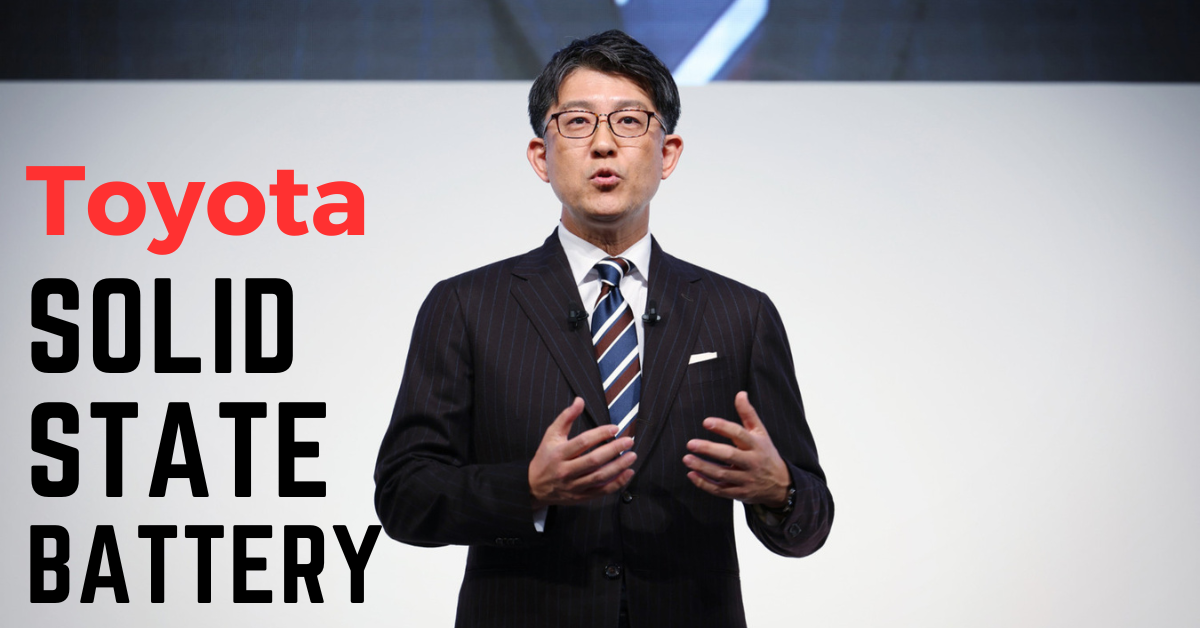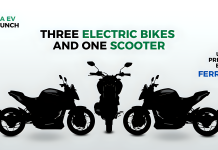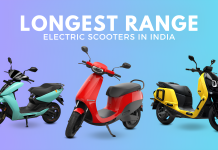Toyota Solid-State Battery
Toyota Motor Corporation, the Japanese world’s largest car seller by volume, plans to enter the electric vehicles market dominatingly by 2030. Toyota sold more than 9.5 million conventional fuels-based cars across the world in 2022 and secured the first rank in number-wise sales. The company’s lagging policy for EV adoption has been criticized by its investors. So, Toyota plans to launch 30 battery-powered vehicles by 2030 which will count 3.5 million sales worldwide.
In this view, Toyota Motor has worked on improving battery technology which is the main hinder to EV adoption due to its low range, long charging time, and safety concerns. Toyota has claimed these problems associated with present Lithium-ion batteries are solved by its Solid-state battery technologies. Toyota has more than 1,000 patents on Solid-State batteries. The company has planned to launch EV by 2027 using its patented battery technologies which can give a driving range of 1,200 km in a single full charge and can be charged in less than 10 minutes. This driving range is the longest among all claimed automakers, presently luxury car brand Lucid Motors is providing a range of 830 km per charge but its price is $ 1.4 million making it unaffordable for many customers.
Toyota is also planning to launch its second generation of solid-state batteries which can provide a driving range of 1,500 km. Toyota is developing solid-state batteries through Prime Planet Energy & Solutions Inc., a joint venture with Panasonic. More than 200 engineers have been employed by Toyota to achieve its dream project. Toyota is expecting to deploy its solid-state batteries first into limited-range hybrid cars and then to pure electric cars.
What is a Solid-State battery?
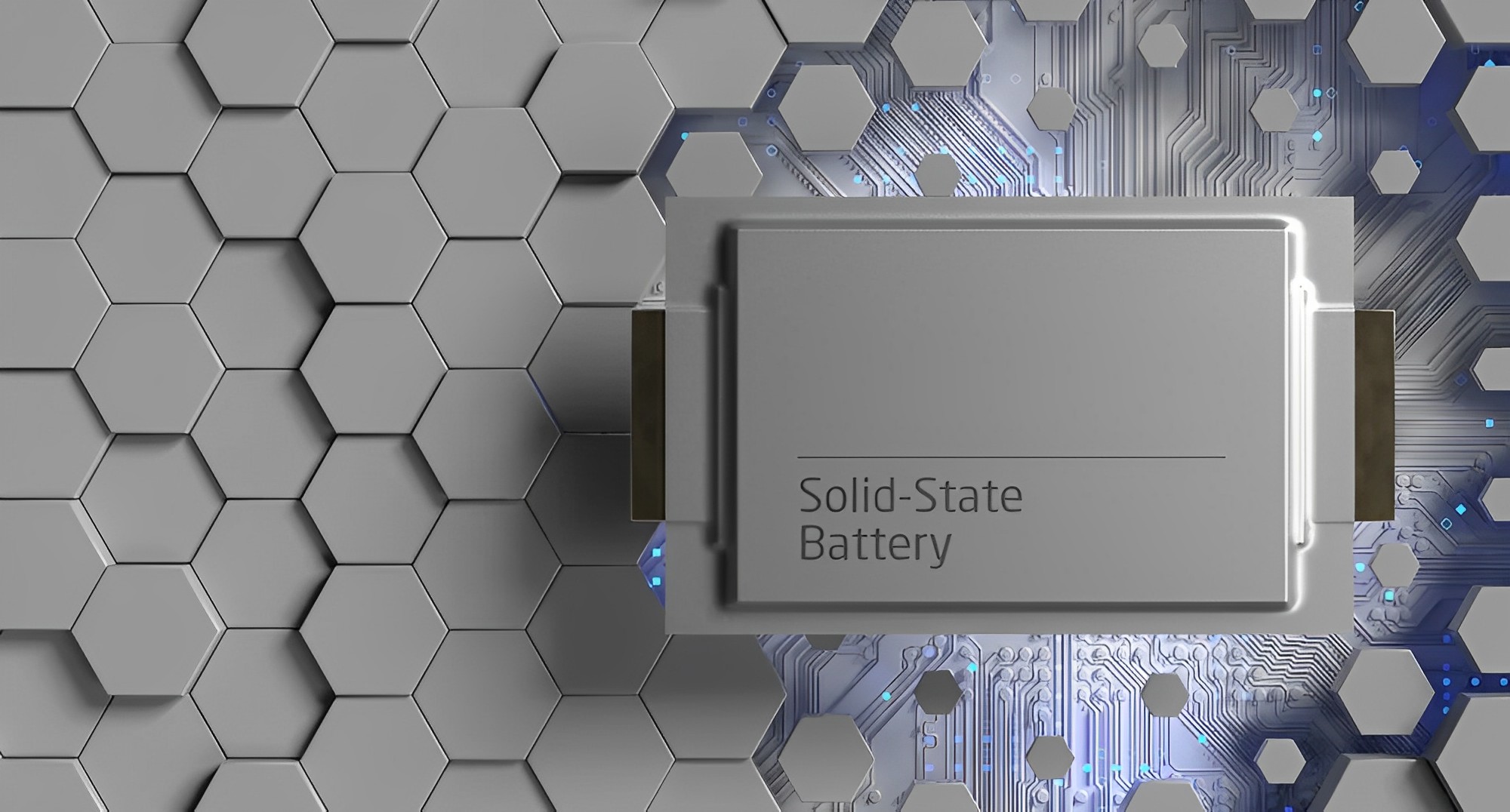
Solid-State batteries are similar to conventional Li-ion batteries except for the electrolyte and anode. In solid-state batteries, electrolytes are solid in nature which reduces the chance of leakage, and overcharging. Solid electrolytes are also not flammable as well as not volatile. Anode is made of Lithium metal instead of graphite. So a solid-state battery provides the best safety as compared to the present Li-ion battery where liquid or jelly-like electrolytes are used. Solid-state batteries also have wide temperature operability (−30 to 100 °C) due to the intrinsic solid nature of the electrolytes. Toyota is using sulfur-based electrolytes for its batteries.
Other Advantages of Solid-State Batteries
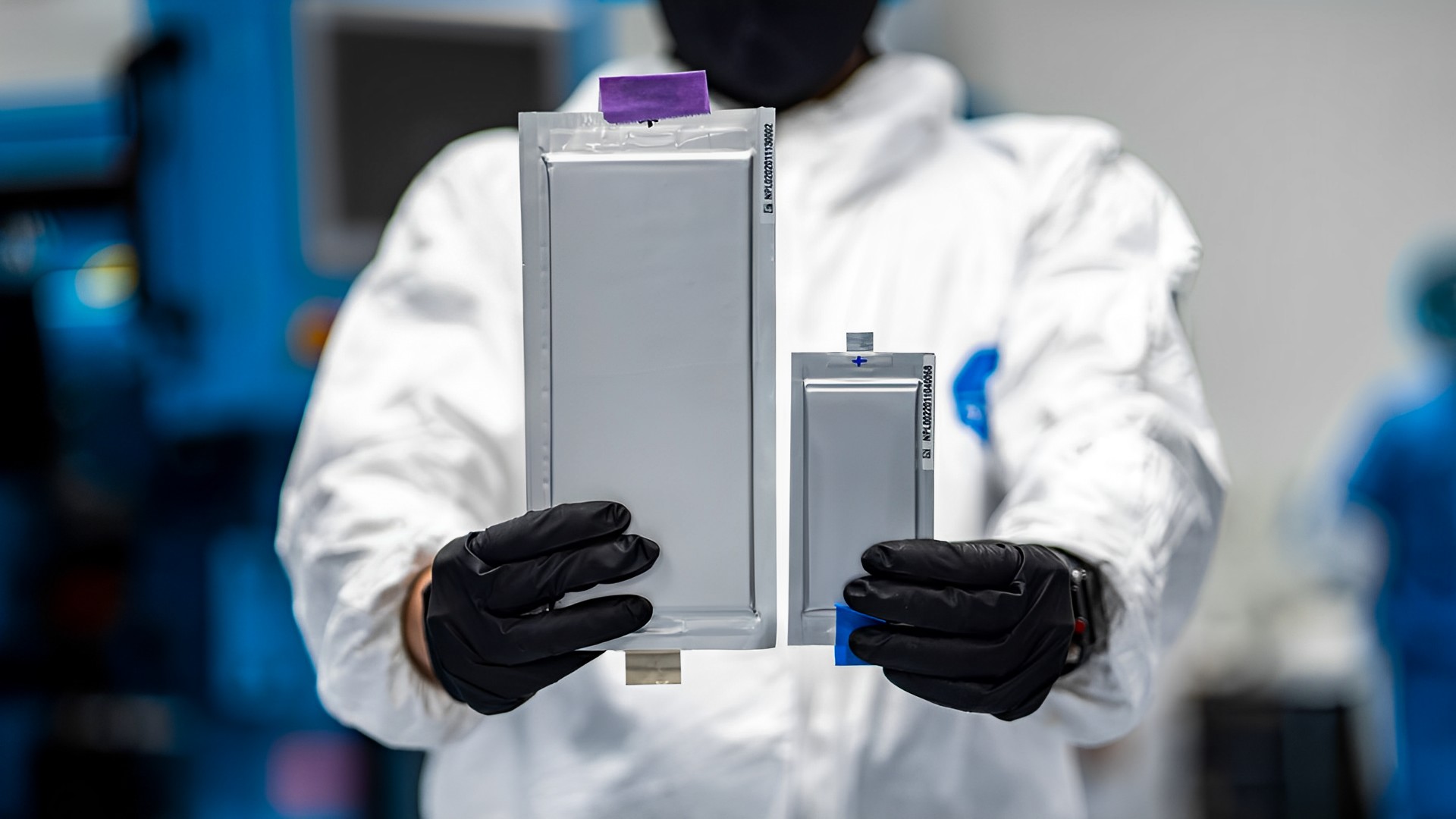
- Due to solid electrolytes, the dendrite’s growth on the anode is restricted.
- Support for fast charging due to use of solid electrolytes which enable faster movement of Li-ions between electrodes with great safety.
- Has a high energy density (50-80% more than liquid-based electrolytes) because of the thin electrolyte layer, high voltage operation, and presence of more active materials as compared to liquid electrolytes.
- The use of less toxic materials like cobalt is reduced
Some major companies involved in the manufacturing of Solid-State batteries globally are Solid Power (Colorado, USA), QuantumScape (California, USA), Cymbet Corporation (USA), Natrion (USA), Theion (Germany), BrightVolt (Washington, USA), Prologium Pvt. Ltd. (Taiwan)
Read More:- Solid State Batteries – The Future of Batteries

